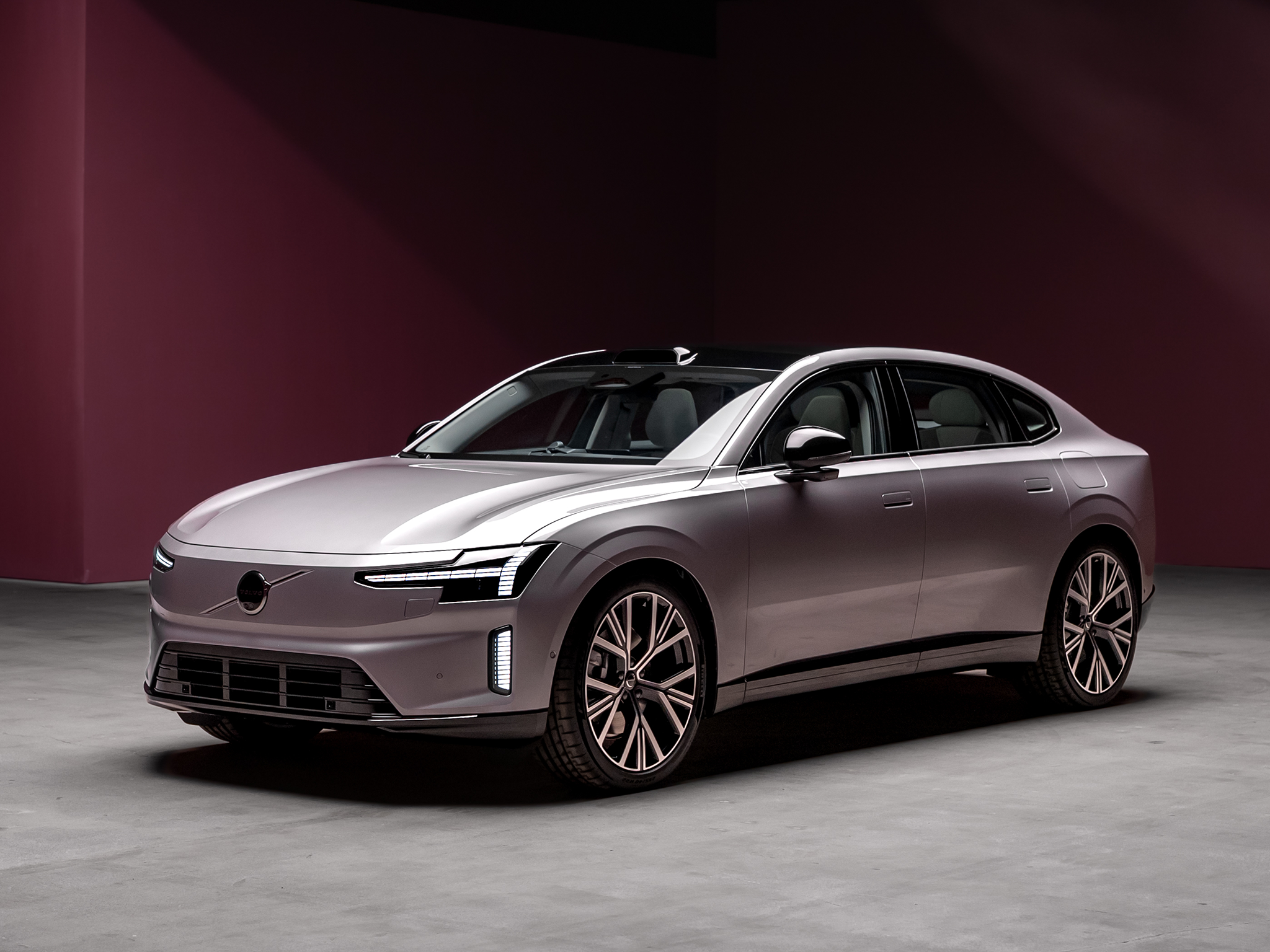Sweden-based Volvo Cars will cut 3,000 jobs as part of a restructuring plan, announced at a time when the automotive industry faces mounting challenges from sudden trade tensions and economic uncertainty.
The layoffs represent around 15 per cent of the Chinese company's office staff, with close to three-quarters of the white collar job losses expected to occur in Sweden and the rest in the company's global operations.
Volvo Cars has its main headquarters and product development offices in Gothenburg, Sweden, and makes cars and SUVs in Belgium, South Carolina and China.
"The actions announced today have been difficult decisions, but they are important steps as we build a stronger and even more resilient Volvo Cars," said Hakan Samuelsson, Volvo Cars president and chief executive.
"The automotive industry is in the middle of a challenging period. To address this, we must improve our cash flow generation and structurally lower our costs."
The company said Monday that around 1,200 of the job reductions would come among workers in Sweden, with another 1,000 positions currently filled by consultants, mostly in Sweden, also slated for elimination. The rest of the job losses would be in other global markets.
With most of its production based in Europe and China, Volvo Cars is more exposed to Donald Trump's tariffs than many of its European rivals, and has said it could become impossible to export its most affordable cars to the US.

The group, majority-owned by China's Geely Holding, announced in April its programme to slash costs by SEK18bn (£1.39bn) and hit the brakes on investments. Volvo Cars was sold by American motor industry giant Ford to Geely in 2010 for £1.2bn.
Volvo Cars said its global sales for April fell by 11 per cent compared to the same period last year.
In the first quarter, the auto maker had 43,500 full-time employees and 3,000 staffing agency personnel, according to its earnings report. White-collar staff make up more than 40 per cent of its workforce.
Carmakers around the world are facing several headwinds, among them higher costs for raw materials and a diminishing European car market amid President Trump's imposition of 25 per cent tariffs on imported cars and steel.
Last week, Mr Trump threatened to impose a 50 per cent tariff on imports from the EU from 1 June but later backed away from that date, restoring a July deadline to allow for talks between Washington and Brussels.







